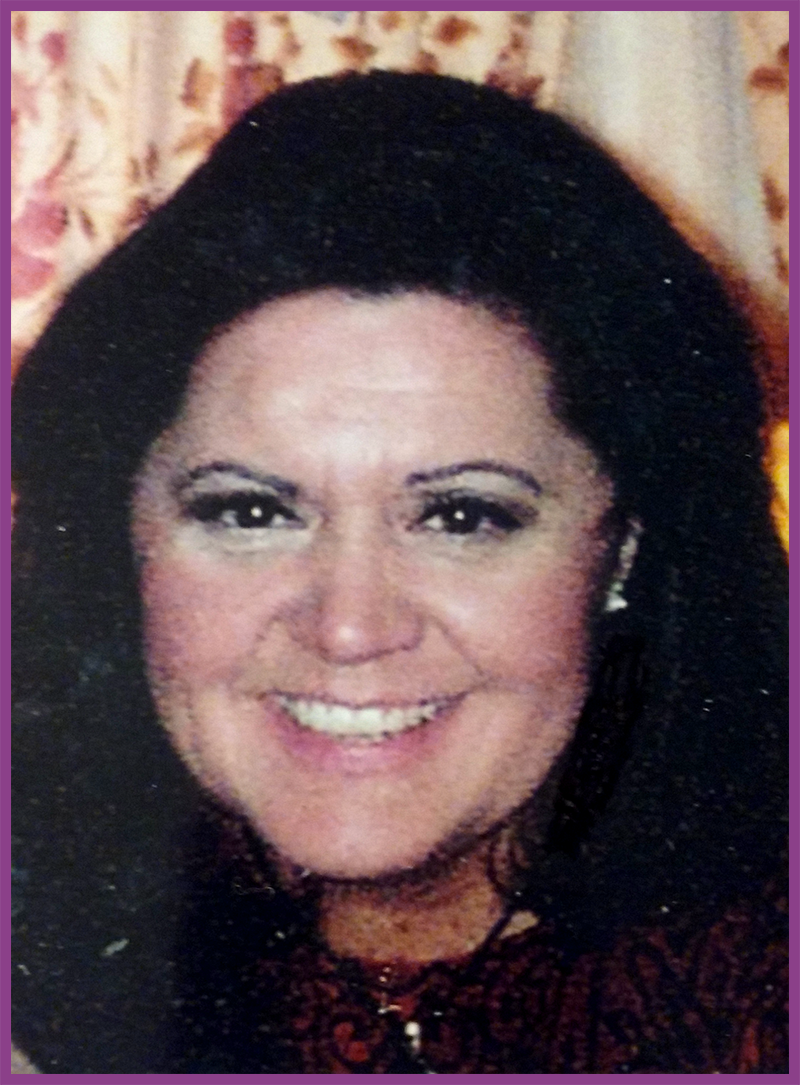Withholding Information From a Child
A 12-year-old boy being treated for osteosarcoma of the arm in the pediatric oncology unit where you are working as a first-year specialist trainee (ST1). Although he initially responded well to treatment, he has suffered a relapse and now has widespread metastatic disease. His parents have been told about his relapse and a further cycle of chemotherapy, with the hope of prolonging his life by a few months, has been suggested. The chances of cure are negligible and the side effects likely to be very significant. His parents have considered the options and decided they would like him to have further chemotherapy. However, they are adamant that they do not want him to be informed that his cancer has spread or that he is likely to die even with the additional chemotherapy. They wish to protect him and are very worried that telling him will cause him great distress. Your consultant has encouraged them to involve him in decision-making and explained that families are encouraged to discuss things honestly with their children, even when the prognosis is terminal. However, his parents continue making plans with him for the following year and telling him he needs further chemotherapy to ‘get better’.
- Should this patient be involved in the decision about whether he has further chemotherapy?
- What ethical principles should be considered when deciding whether to withhold information from a patient?
Apply Theory (Specific Professional Healthcare Competencies + Clinical Medical Ethical Principles) to Practice in order to provide Optimal Patient-Centered Care (OPCC)
Clinical Ethics and Law, Second edition. Carolyn Johnston, Penelope Bradbury, Series editor: Janice Ryme

